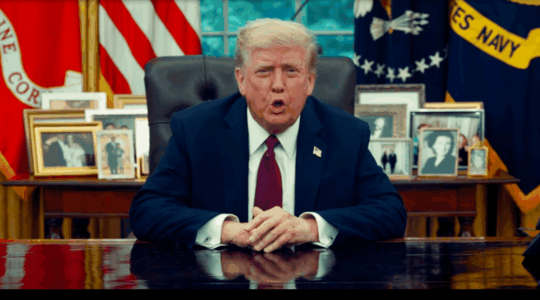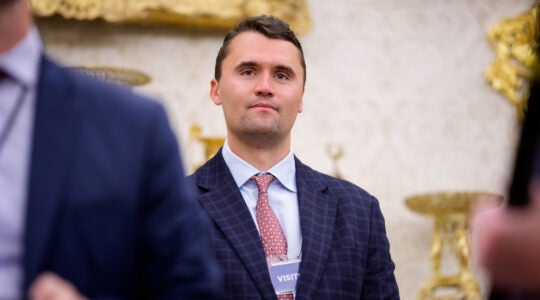WASHINGTON (JTA) — President Obama updated Prime Minister Benjamin Netanyahu on Iran talks amid growing U.S.-Israel tensions on the issue.
“President Obama called Prime Minister Netanyahu today to discuss Iran and our ongoing efforts to advance a peaceful resolution of the international community’s concerns over Iran’s nuclear program,” said a statement reported by a pool reporter, citing a readout she received from a White House official.
“The president provided the Prime Minister with an update on negotiations in Geneva and underscored his strong commitment to preventing Iran from obtaining a nuclear weapon, which is the aim of the ongoing negotiations between the P5+1 and Iran.”
P5+1 refers to the five permanent members of the U.N. Security Council — Russia, China, the United States, France and Britain — plus Germany, the major powers negotiating with Iran to end its suspected nuclear weapons program.
Reports have suggested that the United States and other powers are ready to accept a verifiable Iranian reduction of uranium enrichment to 3.5 percent in exchange for some sanctions relief.
Netanyahu on Friday, after bidding farewell to U.S. Secretary of State John Kerry before Kerry flew to Geneva to help seal a deal, said any deal that does not totally dismantle Iran’s nuclear program was a “very, very bad” one and he urged Kerry to reconsider before signing any such deal.
Netanyahu also said Israel would not abide by such a deal.
Josh Earnest, a White House spokesman, said that it was premature to talk about a deal but also discussed the possibility that a deal would include partial sanctions relief in exchange for a partial rollback of nuclear activity by Iran.
“What we have said about the relief that we would consider is that it would be proportional to whatever concessions the Iranians themselves make,” Earnest told reporters accompanying the president to an appearance in New Orleans. “The relief that would be provided would be completely reversible. This is not an open-ended proposition that we’re considering here. And the other thing that we are resolved to is protecting the broader architecture of the sanctions program.”
JTA has documented Jewish history in real-time for over a century. Keep our journalism strong by joining us in supporting independent, award-winning reporting.





